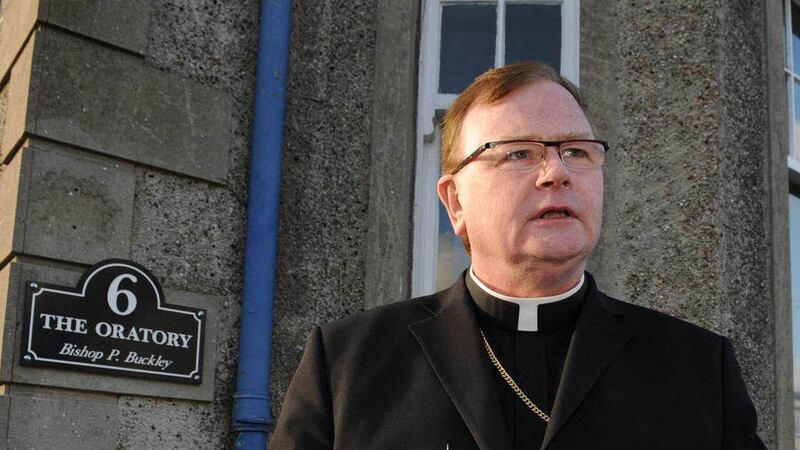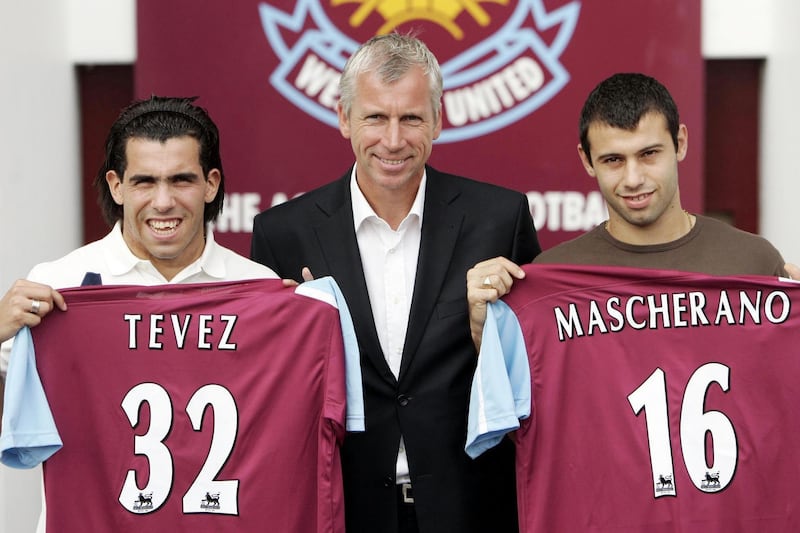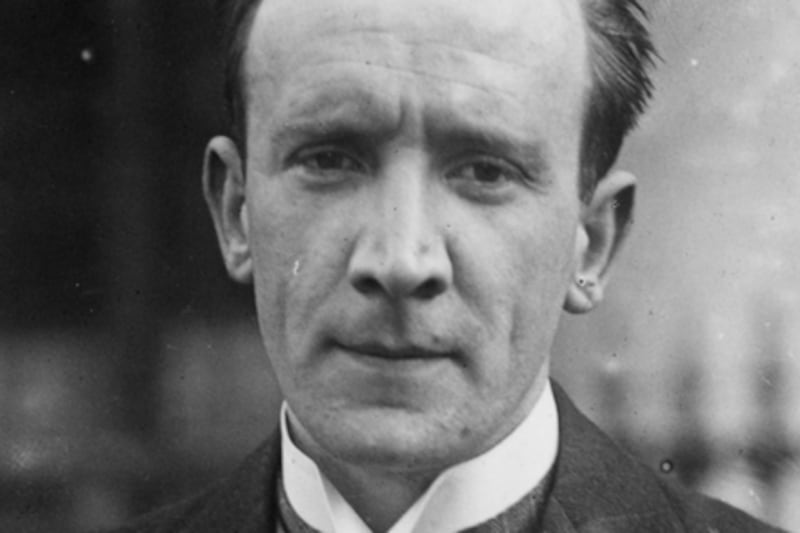November 13 1923
MISS Mary MacSwiney, in the course of a letter to the press, says the republican authorities have no power to call off the hunger strike nor would they be entitled to obedience in such a matter. The men who would still stick to their pledge to the very end would obey no order to break it. That does not imply discipline or disloyalty, but it emphasises the individual nature of this terrible weapon.
A statement issued by the Anti-Treaty Publicity Department late last night says – “News to hand that a prisoner named Hughes, from Wexford, died in Tintown on Friday night”. The statement adds – “JJ McElligott’s relative have been notified by the authorities that he is dying, and a wire has reached us to the same effect about Brian O’Higgins, TD”.
As more and more of the 8,000 republicans ceased their hunger strikes which had started in October 1923 with the objective of release from prisons and internments camps, speculation mounted that the action would soon be halted outright. It eventually was in late November after the deaths of two men, Denis Barry and Andy O’Sullivan.
December Election 'Practically Inevitable'
The Press Association says – There was great animation yesterday at the political clubs in view of the reassembling of parliament today. Many members are in town and a very large attendance is expected in the House of Commons.
It is understood that a decision has been arrived at as to the date of the dissolution, and that it will be announced in parliament probably today, but in any case on the day assigned for a debate on the government’s policy on unemployment should one be demanded by the Labour Party.
Discussions continue amongst the rank and file as to the relative advantages of an immediate general election and of the deferring the appeal to the country until January. Members of all parties arriving in London make no secret of the unpopularity of a December campaign, but in most quarters it is now regarded as practically inevitable.
Following the Prime Minister’s [Stanley Baldwin] interview yesterday with Lord Birkenhead and Mr Austen Chamberlain it is gathered that all sections of the Conservative Party are in agreement as to the proposals of the government for the coming election. There is no likelihood of an extension of the fiscal policy already announced in principle by members of the government.
A general election was held in December 1923, the last time before 2019 an election was held in December, and resulted in the Conservative Party losing power to a Labour-led government for the first time with Ramsay MacDonald becoming prime minister.








